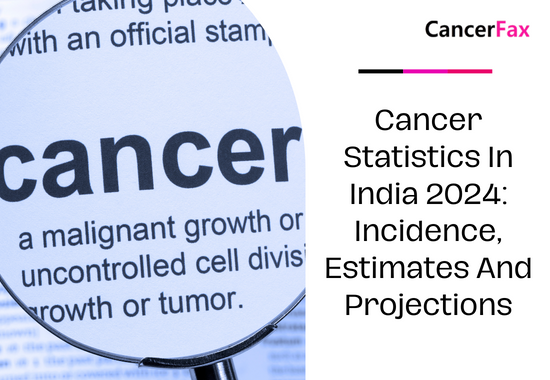The report by Kershena Liao of Baylor College of Medicine in the United States and more fully understand the process of head and neck oncologists considering switching to palliative care, which can help to improve this complex process and improve patients’ treatment process, quality of life and outcome. Physicians often overestimate the negative impact of symptoms on the quality of life of patients with head and neck cancer due to consideration of the clinical course of patients. Before communication problems occur, it is recommended to discuss the expectations of patients’ quality of life as soon as possible. (Otolaryngol Head Neck Surg. 2016, doi: 10.1177/0194599816667712)
Many factors have affected the decision of head and neck cancer surgeons to carry out palliative care for patients with locally resectable disease, and these factors have not been fully understood. For surgeons, due to the lack of guidance on palliative care, palliative care services cannot be continuously and effectively carried out, which will also bring confusion and painful experience to patients and their families.
This study retrospectively analyzed how the head and neck cancer surgeons weighed the following factors during specific clinical practice, including: clinical factors, personal internal and external factors, economic factors, and health care systems. Select the literature related to the hospice and palliative care decisions made by head and neck oncologists for a special review and analysis.
The results show that in considering the shift to palliative care, it is still unclear how head and neck oncologists are affected by patient autonomy and social support systems. The degree of patient autonomy and the decision-making role of family members and caregivers need to be clearly discussed. The patient’s financial and insurance status will affect the decision of hospice care. More research on the clinical and ethical aspects of these influencing factors is necessary.
The younger age of the disease, the specialization of surgery (compared to intensive care) and the working background of universities and/or tertiary medical centers are all associated with an increased willingness to withdraw from life support. More research is needed to determine whether head and neck oncologists are also following these trends.
In addition to religious and moral belief factors, the doctor’s emotions (such as grief, self-blame), the relationship with the patient, and the unwillingness to deprive the patient of their wishes all hinder communication related to palliative care. Head and neck cancer surgeons should consider how these emotional factors influence their clinical decisions and how to manage these potential biases responsibly.

